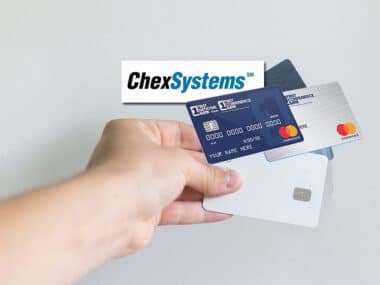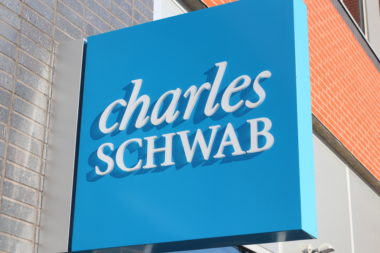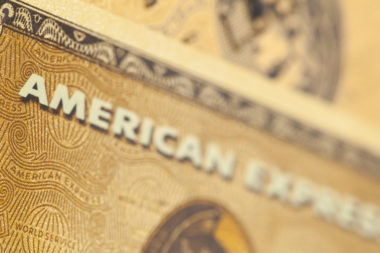Have you ever logged into your bank account and felt your stomach drop when you read the contents? Have you ever found yourself wondering, “Where does all of my money go?” Keeping tabs on your financial health can be a challenge, and it’s easy for your debt to spiral out of control.
In today’s digital age, personal finance apps can keep you on track to financial success. These apps are an excellent way to measure your financial health and track your accounts.
Table of Contents
Best Budget Apps
When it comes to managing and saving money, a budget can be your best tool, but it is not so easy to tackle on your own.
Personal finance apps are great for creating a budget that will keep your household out of debt. You can use technology to work for you, seamlessly connecting your accounts and providing extra protection.
The best budget apps offer special features like goal tracking, accessibility, and personal support. It’s also imperative that these programs use data encryption to protect your information.
There is a lot to choose from today, but these are 2020’s best budget apps:
Some of these apps are free, like Mint. Mint integrates all of your accounts into a single platform, automatically capturing your expenses in neatly organized categories. It will keep tabs on your credit score and will send you alerts when you go over budget. You will even receive clear, itemized reports of your spending so you can better plan for the future.
Others, like PocketGuard, are specifically designed to prevent overspending, with expense tracking and custom alerts. Link your accounts, and watch it make deposits for you.
Best Investment Apps
A key part of financial success is investing, and yes, there is an app for that. There are several, making it harder to know which is the right one for you.
It’s important to choose a well-rounded service that works well for wealth-building, savings, and retirement planning. The best investment apps will help you build your investment income, track the stock market, and provide guidance on good investments for your household.
These are our top five picks for the best investment apps in 2020:
Robinhood doesn’t charge a commission on your trades, contributing to an ideal environment for beginner investors. Acorn is also great, using your spare change to create and build your investment portfolio. Meanwhile, M1’s 80 investment portfolios provide a guiding hand for easy investing.
Wealthfront is designed for more advanced investors who take a hands-off approach to investing; there are plenty of options available to create a diversified portfolio, and you can also benefit from tons of resources if you need them, like helpful planning tools.
When choosing an app, consider the features that are most important to you, such as the services offered, the customer experience, and the cost to use these services. Some apps charge very high fees, while others charge none at all.
Best Bill/Expenses Tracker Apps
Despite your best efforts, life can get in the way of even the best-made plans, and that includes your budget. It’s normal to forget a bill here or there, but your creditors are not likely to be so forgiving. If you make a late payment on your credit card, mortgage, or car, it could negatively impact your credit score and prevent you from other opportunities in the future.
That’s why bill and expense tracker apps are a critical component of your household budget. Today, things like accessibility and mobility are top priorities for bill tracking software, and these modern apps deliver in spades.
New apps are created every day, but these are the best apps we found for bill and expense tracking:
- Quickbooks;
- Personal Capital;
- Mint;
- Wally;
- Mvelopes.
If you are looking for basic expense tracking, Intuit offers several different versions of Quickbooks that will also help with invoicing and payroll for your small business. Wally is much newer to the scene but is created with today’s millennial in mind, with social sharing and a platform based on artificial intelligence technology; however, bank account linking is not yet an available feature.
If you are looking for in-depth reporting, Personal Capital takes a more visual approach with custom graphs and charts aplenty based on your spending. Mvelopes is similar, but uses digital envelopes to neatly organize your expenses into categories custom-tailored to your spending habits.
Best Banking Apps
Understanding how your bank works is critical to maintaining healthy finances.
Many banks today have simplified the banking process by introducing mobile banking apps that allow you to do many of the same tasks from home that you used to have to complete in a branch.
No longer are you forced to endure lengthy wait times and static-filled customer support calls. Now you can use your phone to manage your entire financial portfolio and make mobile deposits, initiate bank transfers, and report fraud.
These are the best banking apps for 2020:
- Ally;
- Simple;
- Chase;
- Capital One;
- PNC.
Ally and Simple know online banking because that’s the only kind of business they do. You won’t find any brick-and-mortar branches for these banks. Still, they make it easy with user-friendly apps that keep several convenient services at your fingertips, such as account transfers, mobile deposits, and an ATM locator. Simple takes things one step further with digital envelopes for expense tracking and easy automatic savings plans.
Banks like Chase, Capital One, and PNC are all popular institutions with plenty of branches. Capital One is popular for its reward programs but also offers a thorough app with advanced budgeting and reporting features. Meanwhile, Chase has the backing of some impressive partners, using Transunion for credit score tracking and the Zelle app for money transfers to your friends and family.
When it comes to your financial portfolio, you may find that not all personal finance apps will meet your needs. To appropriately manage a budget and grow your finances, you need to decide which features are most important to you so that you can find the right mobile partner to guide you to success.
Image Source: https://depositphotos.com/





